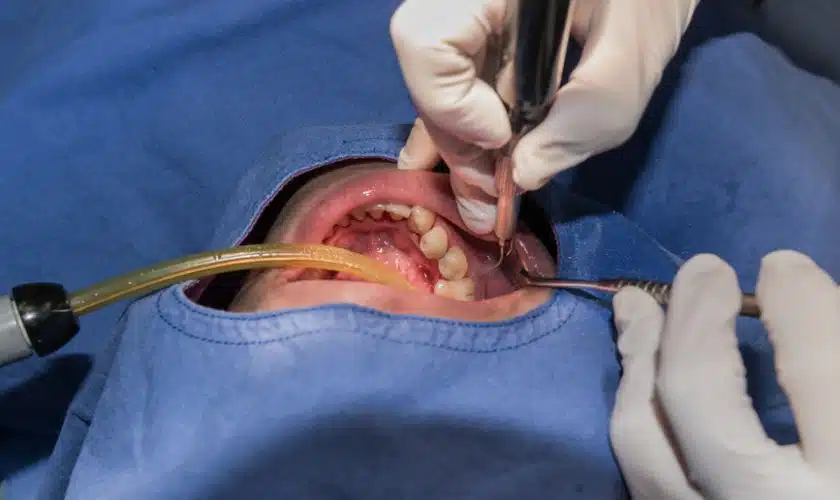
You’re given a date, and it feels both distant and too close at once
The calendar mark becomes heavier each day. You try not to count. But you do. Your dentist gave you the basics. Brush. Rinse. Rest. But the questions still echo. What do I eat? How long will I be numb? Will I be able to speak? There’s no one-size-fits-all answer. But there are patterns. Preparing isn’t just physical. It’s mental too.
You wonder what you’re allowed to eat before the procedure, and no one has spelled it out clearly
Sometimes, you fast. Other times, a light meal is fine. It depends on sedation. If general anesthesia is planned, no food after midnight. If it’s local, a small breakfast may be helpful. Still, greasy or spicy foods aren’t wise. Avoid dairy too—it coats the stomach. Keep it simple. Toast. Bananas. Light tea. Enough to settle nerves, not upset your gut.
You realize your comfy clothes are more important than you expected for a procedure like this
You won’t be running a marathon. But you’ll feel like recovery starts now. Choose warmth over style. Zip-up hoodies over tight collars. You may wear a surgical bib—but comfort is still yours to control. Layers help. So does softness. And skip makeup, perfume, or jewelry. The less distraction, the smoother the flow for both you and the team.
You plan for the ride home, but forget how loopy you might feel on the way
Sedation lingers. Your reflexes will be slower. Thoughts fuzzy. Mouth numb. You’ll say strange things. Laugh at nothing. Or sleep sitting up. That’s normal. But it means no solo rides. No taxis. No public transport. A trusted friend or relative must drive. Wait. Watch. Be ready to answer questions you won’t remember asking.
You clean your space in advance, but forget the fridge needs prepping too
Post-op eating isn’t exciting. It’s about texture, not taste. Think soft. Think bland. Mashed potatoes. Yogurt. Smoothies. Soup. The first 48 hours matter most. No seeds. No straws. No hot drinks. And don’t underestimate how tired you’ll feel. Grocery shop early. Freeze meals. So when the time comes, you won’t be chewing—or cooking.
You prepare pain meds and gauze, but forget about boredom or discomfort from resting too long
You’re ready for swelling. You’re ready for sleep. But not for stillness. Boredom creeps in. Make a playlist. Download shows. Stack books. Have distractions within reach. And charge your devices. Even reading may feel too tiring. So audio matters. Noise comforts. And small pleasures go a long way when moving is a struggle.
You expect numbness, but not the emotional fog that comes with sedation
You may cry. Or snap. Or feel unlike yourself. Don’t worry—it’s part of the process. Anesthesia affects emotions too. Not forever. But for hours. Let others know. Be gentle with yourself. Don’t overanalyze what you say. Or feel. Or want. Let it pass like a wave. You’ll be clearer by morning.
You set reminders to take meds, but forget hydration often matters even more
Pain meds only help if you’re drinking water. Sips count. Even if it feels hard. Dehydration worsens recovery. It amplifies headaches. Slows healing. And dries out the mouth. Which you definitely don’t want. Keep a straw-less cup near you. Herbal tea. Cold water. Coconut water if you’re fancy. Just keep the fluids flowing.
You follow the post-op plan closely, but forget your body might not follow the timeline you imagined
You expect to bounce back by day three. But day five feels worse. That’s okay. Healing isn’t linear. Swelling often peaks at 48 hours. But stiffness or fatigue can last longer. Let your body lead. Listen to it. Don’t rush back to work. Or the gym. You’re not lazy. You’re healing. And that counts too.
